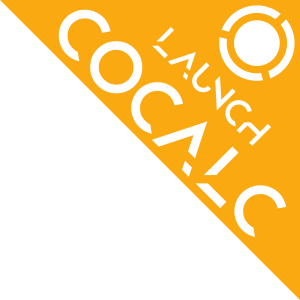Billing FAQ
This page answers questions related to billing. To learn more about licenses, see Licenses. Questions about projects are covered in Projects FAQ.
How do I get an invoice with specific information?
Please email us at help@cocalc.com before making a purchase to get custom quotes and invoices with detailed information. If you have already purchased something, we cannot issue a different invoice, but we can add extra information such as your address on the PDF invoice and have it signed.
Can I pay via wire transfer?
For purchases above $100 we support wire transfers. Please contact help@cocalc.com with all relevant details about your intended purchase.
